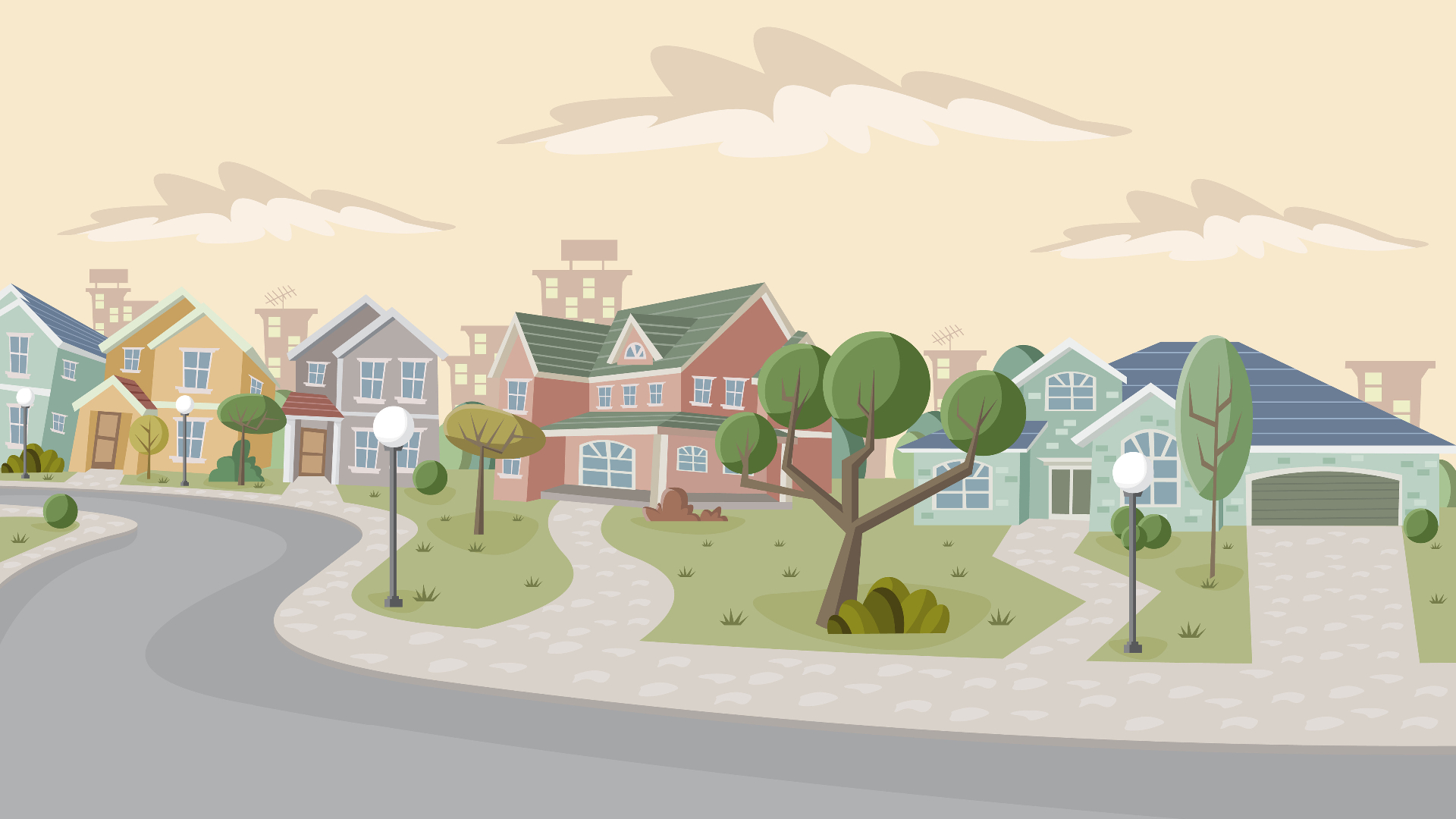In recent years, the already severe housing crisis in the United States and, indeed, throughout much of the world has only been getting worse.
Different observers are quick to blame this phenomenon on various factors, be it greedy landlords, vulture-like investors buying up all available housing to rent or leave empty, or even gentrification, where affluent hipsters colonize previously affordable areas and push prices up.
However, all of these supposed causes completely miss the ultimate cause of the housing crisis: NIMBYism.
What is NIMBYism?
The “NIMBY” in NIMBYism stands for “not in my back yard.” It refers to a common idea among existing residents of an area that any potential future development should take place far away from their neighborhood.
NIMBYism is essentially a wish to maintain the status quo, or the character of a neighborhood, at all costs by homeowners who want to protect their property’s resale value to which they feel entitled.
This idea of being entitled to one’s property maintaining a certain market value, while somewhat understandable, is deeply problematic when it involves forcibly attempting to isolate against external factors by restricting others from doing as they please with their property.
Going by the principle of property rights that is crucial to a free society, homeowners must be entitled to the enjoyment of their property as they see fit. However, they are not entitled to said property being worth a certain resale value, and certainly not to have a say in what goes on beyond the limits of their property.
How NIMBYism is responsible for the housing crisis
Proponents of NIMBYism then lobby to weaponize the state against anyone who wishes to build in their neighborhood. This is achieved through the development and enforcement of stringent zoning laws and restrictions on planning permission, which inevitably leads to a significant shortage of supply in the housing market.
Sometimes, the causes of problems are extremely complex, but in the case of the housing crisis, it really just boils down to basic economics: when there is a shortage of supply, prices will go up, but an increase in supply will start to bring prices back down.
What is the solution?
The only solution is to build. That is, the only way to truly solve the housing crisis is to allow the market to respond to demand by lifting regulations on construction so that supply can increase to meet demand. However, in places where the housing crisis is most severe, it may take time for the benefits to be realized.
Particularly in cities like San Francisco, Los Angeles, Sydney, or Dublin, where house prices are inflated so far beyond what they would be in a free market, any solution would involve the setback of negative equity for many homeowners.
Nonetheless, it is vitally important to start working towards a long-term solution as soon as possible, even if it may take decades of gradual adjustment, so that future generations can access affordable housing at genuine market value.
The problems brought about through NIMBYism will be an important talking point at Students For Liberty’s upcoming LibertyCon International.
Head of Policy at the Illinois Policy Institute, Joshua Bandoch, and Professor of Economics at George Mason University, Brian Caplan will take part in a panel discussion, moderated by political writer and commentator, Stephen Kent, focusing on how NIMBYs get in the way of progress and innovation.
Held in Washington, D.C., on February 2-4, 2024, LibertyCon International offers an opportunity to engage with top experts, scholars, and entrepreneurs from a variety of fields while providing a platform for attendees to connect with others who are dedicated to advancing pro-liberty ideas and creating a freer future.
Click the button below to sign up for updates and secure your spot at this exciting event. We can’t wait to see you there!
For more content on the affordable housing crisis, be sure to check out our video below.
This piece solely expresses the opinion of the author and not necessarily the organization as a whole. Students For Liberty is committed to facilitating a broad dialogue for liberty, representing a variety of opinions.



